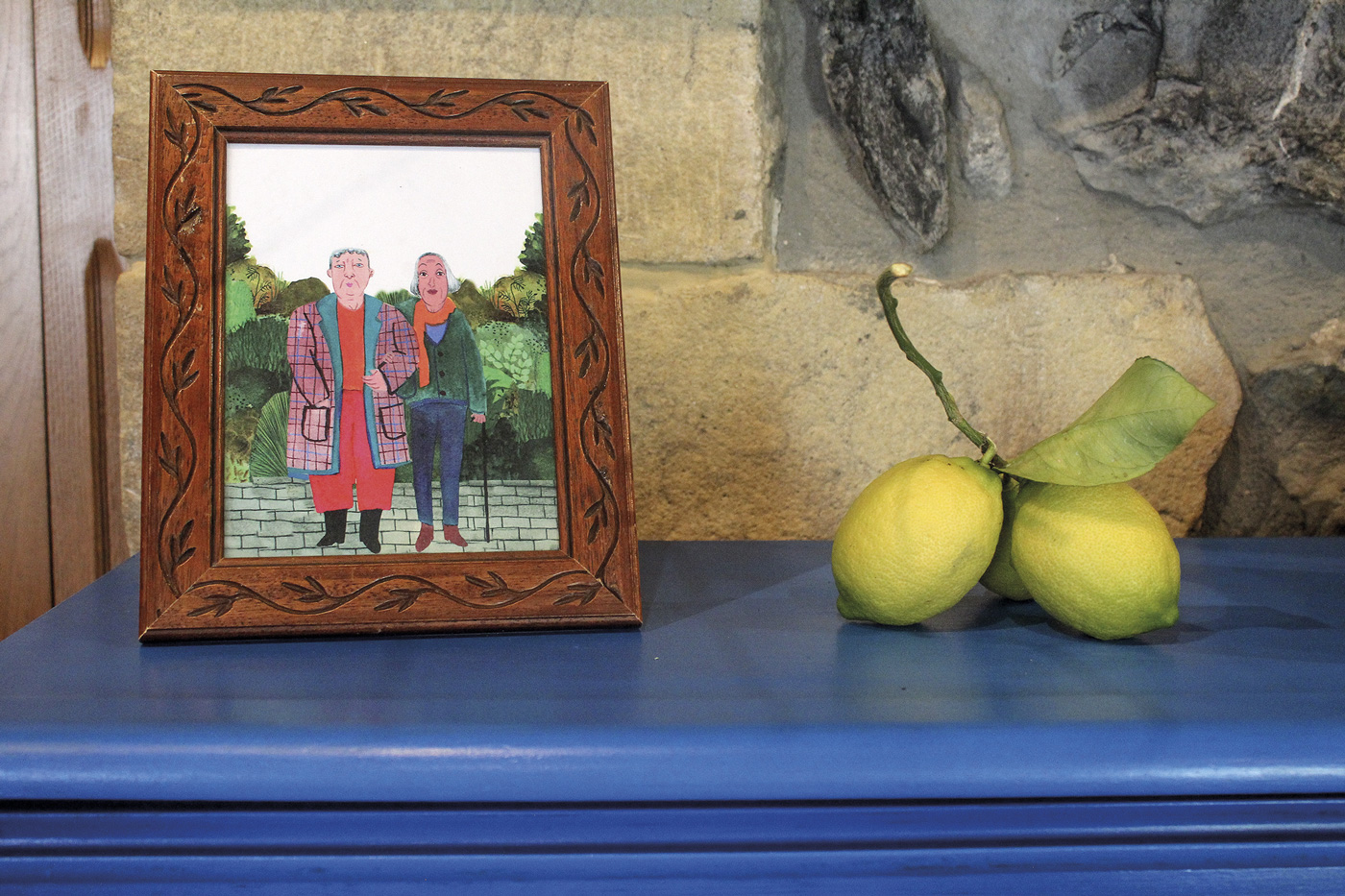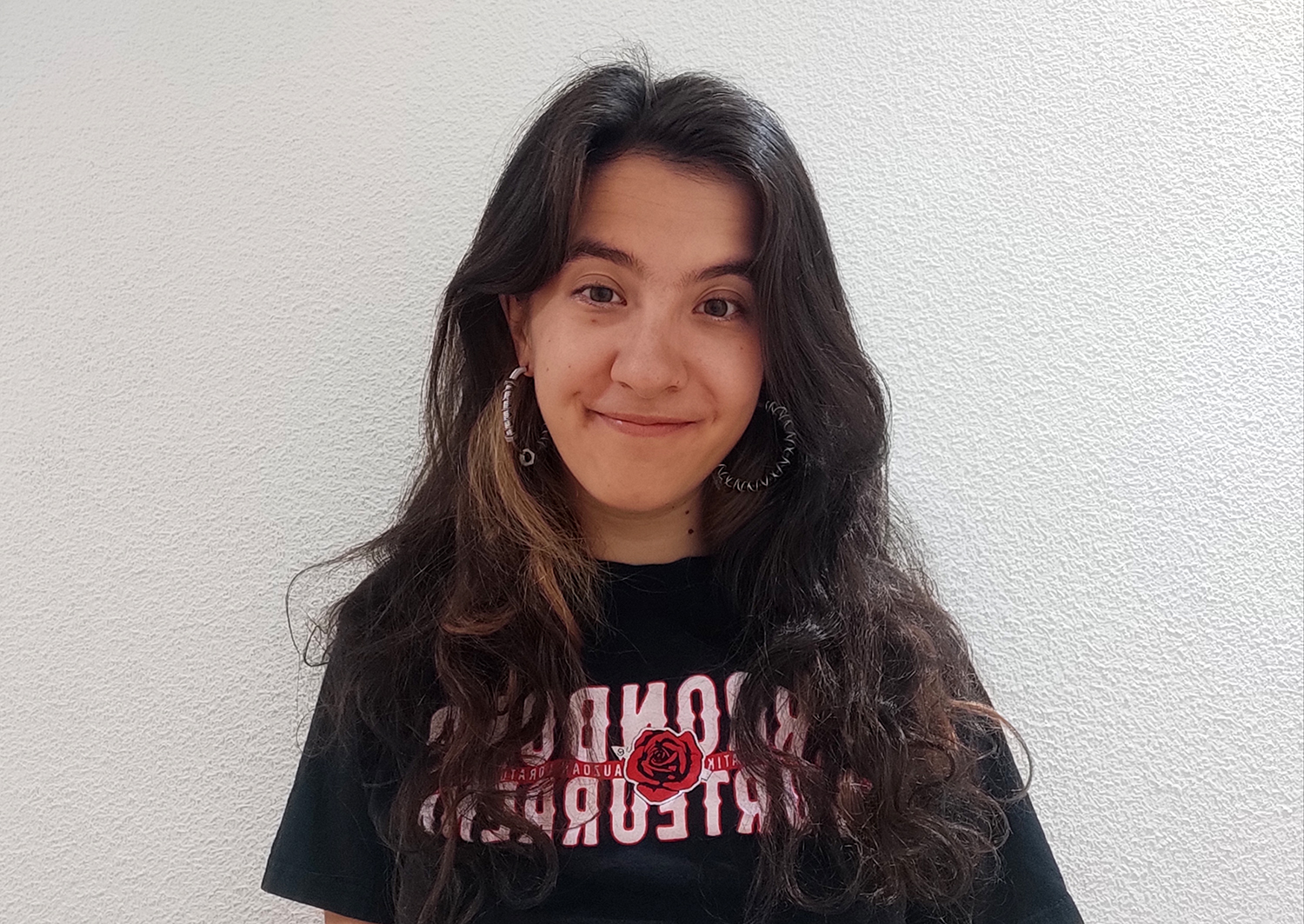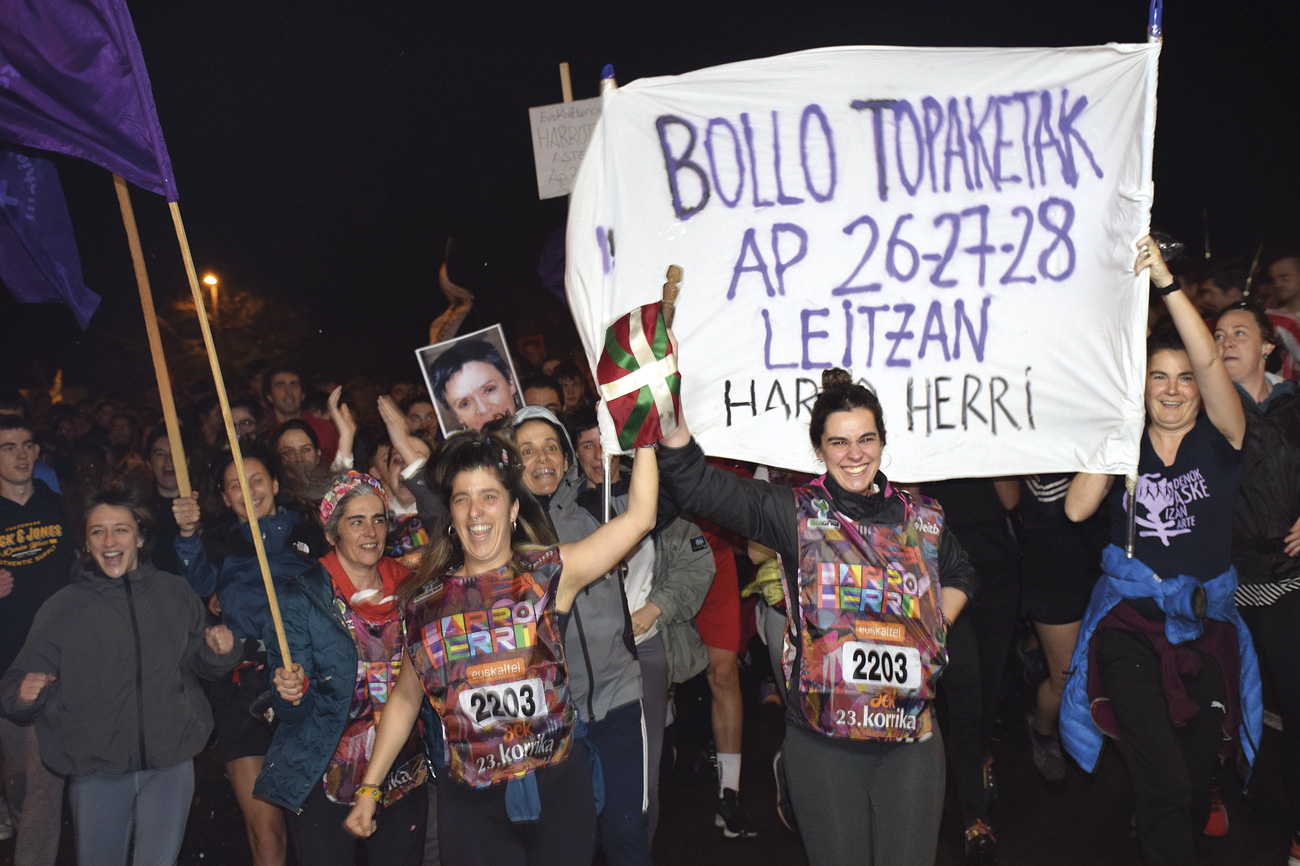Mutual support, organisation and self-defence against aggression
- Seeing that the violent LGBT aggressions that have occurred in recent months in Euskal Herria and beyond have somehow moved us inside the dissident sexes, and due to the interested readings and uses that have been given in recent times around “hate crimes”, in Ehgam we have seen the need to address this issue and so we have done on November 4.

It seemed that the wet, cold and dark afternoon of November 4, had been required to contextualize the issue that we had pending in the Urumea Center of Hernani, since the topic we wanted to deal with was that of aggressions. That is, to discuss the LGBT phobia that is hiding behind them and how the sexual liberation movement should act to them.
The attendees were able to see with interest and responsibility the issue of aggressions and the ways and strategies to address them. At the beginning of the session we commented that the topic is a great deal and arouses a lot of emotions: fear, loneliness, discomfort, sadness, anger, uncontrolled rage... And in view of this, the responses such as the encounter, mutual support, the politicization of rabies or the articulation of a political response may be possible.
Throughout the session, we took into account a series of strategies and looks that the feminist movement uses and uses in the face of gender violence: the idea of self-defense, anti-punitivism, feminist journalism,...
In this way, we propose three axes to reflect to structure the session: self-defense and organization, the role of institutions and information management. Therefore, taking as axis these three dimensions to take into account in the face of attacks, we focus on reflection in small groups and the exchange of ideas.
When a LGBT phobic attack occurs, how to get informed, when to get informed, what resources to use, how not to fall into the morbid show, where to put the spotlight...?
Self-defence and organisation
Considering the contributions of the feminist movement to the idea of self-defense, in this aspect, there appeared the desire to take advantage of the tools developed from this idea and to collaborate with the feminist movement.
The collective, the spaces and networks of mutual support, the processes and spaces for strengthening and empowerment... were, over and over again, the actions and ideas mentioned. In fact, on many occasions, loneliness and the need to work on the issue in the face of aggression was evident.
The role of the institutions
When working on the role of institutions, once again, the axis was the anti-punitive reading of feminism and somehow the need to move away from the idea of punitive or punitive punishment. But at the same time, the limitations, obstacles and difficulties that we can find along the way to develop all of this were also evident.
The structural character of the aggressions and LGBT phobia was another of the issues addressed and, currently, the legal instruments that act to combat it, such as “hate crimes”. We also reaffirm the need to question this last tool.
Information management
When a LGBT phobic aggression occurs, questions often arise about how to inform, when to inform, what resources to use, etc. And in this sense, it was mentioned not to fall into the “morbid spectacle” that one wants to create by many means and denounce this conduct. Also, when it comes to reasons of aggression, where the focus should be put or whether the profile of the aggressor should be discussed. At this point, underlining the idea and importance of the feminist view in journalism.
The program intended to be a small initial reflection and so it was. The ideas, proposals and doubts derived from these reflections can be an interesting resource to delve into a possible further reflection. In fact, from the sexual liberation movement, in the face of aggressions we have the need to reflect, articulate with different collectives and movements and give an answer.
.jpg)
* Ehgam Berramestuz initiative
- Read the chronicle of the first session of the reflection cycle: When the wardrobe, history and memory ends






















